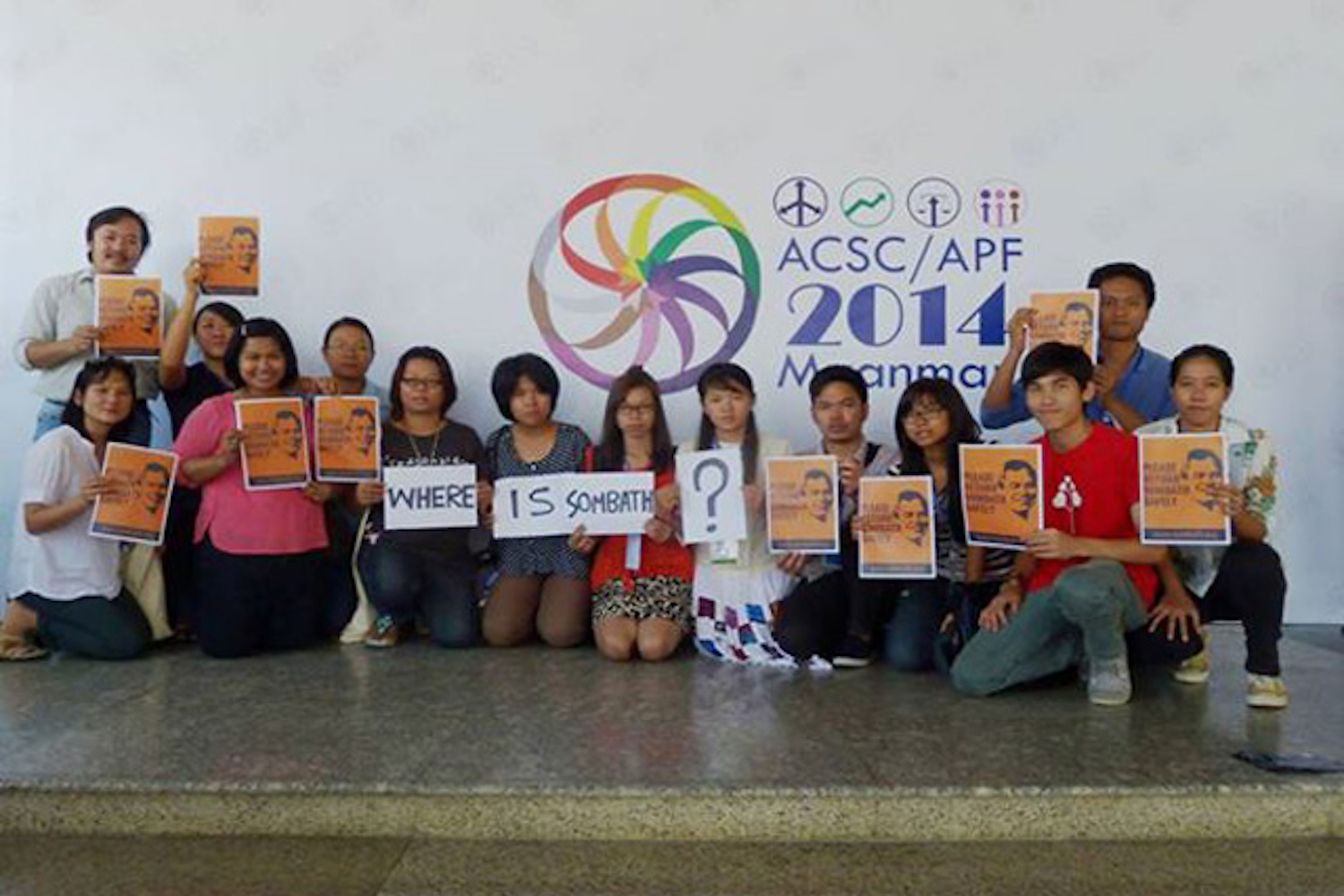Human Rights Watch: 08 December 2021

Bilateral Dialogue Should Address Enforced Disappearances
(Sydney) – The Australian government should press the Laogovernment to take concrete steps to improve its poor human rights record at the seventh Australia-Laos Human Rights Dialogue on December 9, 2021, Human Rights Watch said today.
In a November submission, Human Rights Watch specifically urged the Australian government to use the dialogue to focus on enforced disappearances of Lao and Thai nationals.
“The Lao government’s suppression of fundamental rights and lack of accountability for abuses stand out in just about every respect,” said Elaine Pearson, Australia director at Human Rights Watch. “Australia should use its leverage as a major development partner of Laos to press for specific actions to bring significant rights improvements.”
Laos is obligated under international human rights law to prevent, investigate, and remedy any enforced disappearance, the government’s denial of the detention or the whereabouts of a person taken into custody. The Lao government has responded to regional and international calls for accountability for enforced disappearances with denial or silence.
There has been no progress on at least 10 cases of enforced disappearance in Laos, Human Rights Watch said. The case of a prominent Lao civil society activist, Sombath Somphone, is emblematic of the government’s failure to act in line with its international obligations. Despite CCTV camera footage showing Sombath being taken away from a police checkpoint in downtown Vientiane on December 15, 2012, Lao authorities have repeatedly denied that the government took Sombath into custody or provided any information on his fate or whereabouts.
There has also been no progress in the investigation of the enforced disappearance of five Thai nationals in Laos: Ittiphon Sukpaen, Wuthipong Kachathamakul, Surachai Danwattananusorn, Chatcharn Buppawan, and Kraidej Luelert.
“The annual Australia-Laos human rights dialogue shouldn’t be the only forum during the year where human rights are discussed,” Pearson said. “Concerns about human rights should also be raised privately and publicly at the highest level, so that Australian officials can convey the critical role human rights and the rule of law play in its partnership with Laos.”






 The Lao government has never disclosed the fate or whereabouts of a prominent civil society leader,
The Lao government has never disclosed the fate or whereabouts of a prominent civil society leader, 
 More than six years after her husband’s disappearance at a Lao police checkpoint, the wife of rural development advocate Sombath Somphone says her search for answers to her husband’s fate has now reached a dead end.
More than six years after her husband’s disappearance at a Lao police checkpoint, the wife of rural development advocate Sombath Somphone says her search for answers to her husband’s fate has now reached a dead end.


